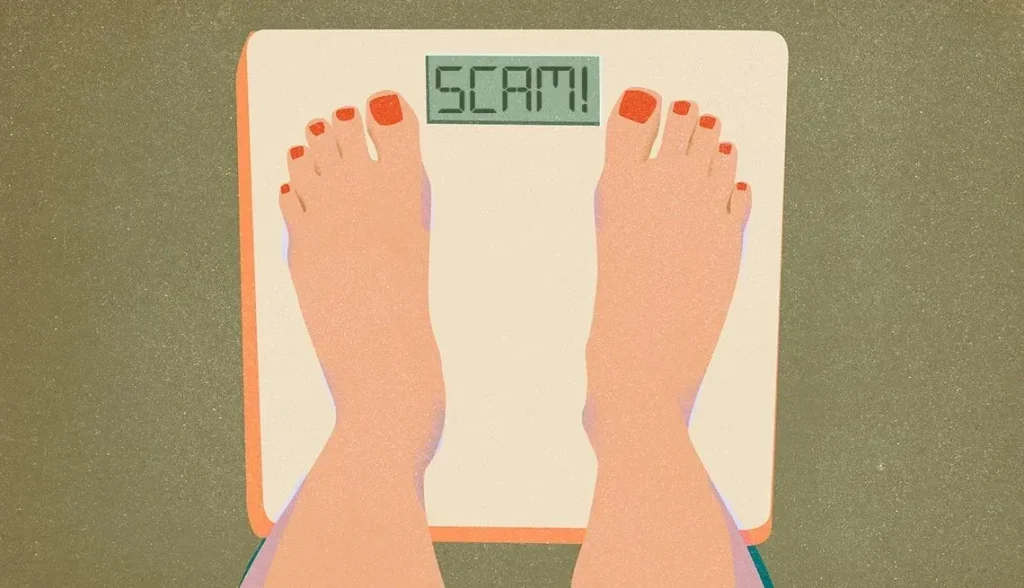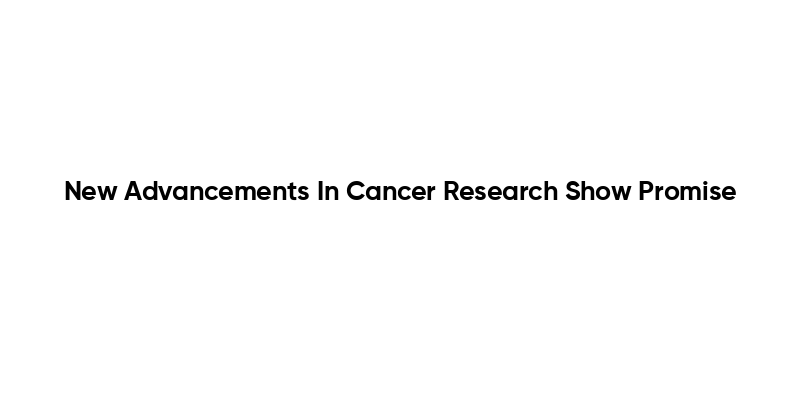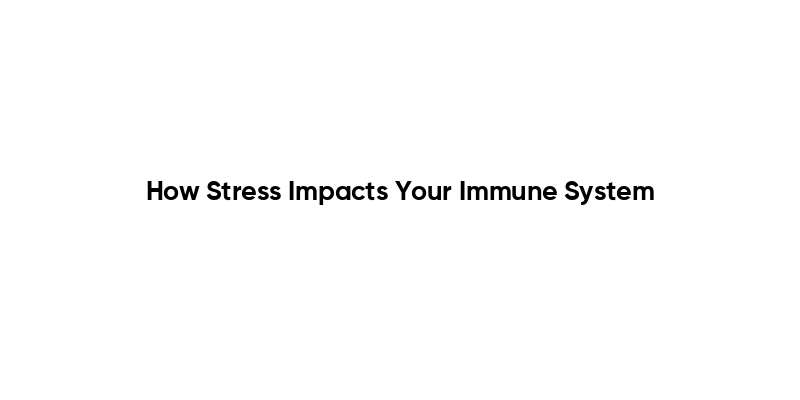Weight loss scams have surged in popularity, preying on the hopes of individuals looking to shed pounds quickly. These deceptive schemes, often featuring fake weight loss pills like Nixol, entice consumers with promises of rapid results that lack any scientific backing. Recently, a consumer group issued a scam alert regarding misleading ads falsely claiming endorsements from well-known sources such as BBC’s Dragons’ Den. Scammers are exploiting reputable figures and media to lend credibility to their fraudulent products, leaving many consumers misled and their health at risk. As these scams proliferate, it is crucial for shoppers to stay informed and heed consumer warnings to avoid falling victim to these dangerous traps.
The world of diet solutions has become a veritable minefield of misleading products and questionable claims. Many individuals seeking effective weight management may encounter dubious offers that use high-pressure tactics to sell supposed miracle remedies. Particularly, scams revolving around weight loss capsules have gained traction, featuring aggressive marketing strategies, including alleged endorsements from television personalities and misleading testimonials. Such scams often attract attention with catchy phrases and unverified success stories, leading consumers to believe that achieving their fitness goals could be just a pill away. It’s essential to exercise caution and conduct thorough research before committing to any weight control product.
Understanding Weight Loss Scams: The Nixol Deception
In today’s fast-paced society, many individuals are looking for quick and effective solutions for weight loss, leading to an increase in weight loss scams. A prime example is the fraudulent advertising surrounding Nixol, which falsely claims endorsements from the BBC’s Dragons’ Den. These scams typically employ misleading images and testimonials that appear legitimate but are actually crafted to exploit consumers. Marketers utilize tactics that involve fabricated celebrity associations, leading unsuspecting buyers to trust in unverified and potentially harmful products.
Consumer groups like Which? have raised alarms about the surge in advertisements making outrageous claims about weight loss. Nixol ads claimed users could shed 26.5 pounds in merely two weeks, a declaration that is not supported by scientific evidence. The apparent validity of these ads often stems from professional-looking aesthetics, including fake logos and celebrity endorsements, causing many to overlook important factors like consumer safety and product authenticity.
Identifying Red Flags in Weight Loss Ads
Recognizing red flags in weight loss advertisements is critical to protecting oneself from scams. Consumers should be wary of offers that promise rapid results, as ‘too good to be true’ is usually an indicator of a potential scam. For instance, the ads promoting Nixol featured an AI-generated imagery of Dragons’ Den judges, a tactic designed to misdirect and mislead consumers. By employing tools like TinEye, individuals can trace the origin of these images to determine their credibility, thus safeguarding against scams that utilize fake visuals to attract unsuspecting buyers.
Moreover, verifying claims through trusted sources is essential before considering any weight loss product. Scams often rely on imitation and false endorsements to build trust. The deceptive advertising linked to Nixol and impersonations of reputable outlets like the Daily Mail highlight the importance of due diligence. Always cross-verify endorsements to ensure that they come from reliable platforms rather than fabricated social media posts that may compromise your health.
Consumer Warnings on Fake Weight Loss Pills
The proliferation of fake weight loss pills can have severe health implications for consumers, as highlighted by the MHRA’s warnings. The deceptive nature of products like Nixol, which were found to be linked with dangerous ingredients or ineffective compounds, underscores the necessity for reputable sourcing. Claims featuring statements like ‘clinically tested’ without substantial evidence often mislead consumers seeking effective weight management solutions. It is crucial to recognize the consumer warnings emphasized by health authorities to avoid jeopardizing personal well-being.
Furthermore, scams often include repeated cycles of false advertisement and difficult refund policies. In the case of Nixol, many consumers reported being trapped in subscription services for products that failed to deliver any legitimate results. The risk is not only financial but also concerns potential health threats posed from unknowable substances included in unregulated weight loss pills. Hence, consumers should always prioritize safety over promises when considering weight loss options.
The Role of Social Media in Promoting Scams
Social media platforms, though remarkable for connection and information sharing, have also become breeding grounds for weight loss scams. The ongoing promotion of fraudulent ads, such as those for Nixol, exemplifies how these platforms can facilitate misinformation and deception. Despite the existence of policies against misleading health advertisements, many fall through the cracks due to the sheer volume of content, highlighting the need for stricter enforcement of regulations on such platforms. Users must exercise caution and critically assess the content they encounter.
Moreover, platforms are continuously working on improving their ad review processes, yet many scammers adapt quickly to exploit new weaknesses. The presence of Nixol ads that were discovered even after previous removals signifies the persistence of these fraudulent tactics. Users are encouraged not only to be vigilant but also to report suspicious content to contribute to a safer online community. Education and awareness are paramount in combating the prevalence of these scams.
Legislative Measures Against Weight Loss Scams
In light of the alarming rise in weight loss scams like those associated with Nixol, legislative measures are being explored to enhance consumer protection. Regulatory bodies are urging for silver-lined legal frameworks designed to monitor and ban misleading advertisements touting miraculous weight loss solutions. Such legislation could enforce harsher penalties on companies that engage in deceitful marketing strategies, ultimately holding them accountable for the health consequences faced by their victims.
Additionally, the collaboration between health authorities and consumer protection agencies is essential in establishing clear guidelines for weight loss advertisements. Initiatives for public awareness on how to spot fraudulent claims can empower consumers to make informed decisions. Legislative action must focus on transparency within the industry, ensuring that consumers are never misled by unverified endorsements or unfounded health claims, setting aside the market space for legitimate products.
Public Awareness: Spotting Consumer Scams
Raising public awareness about consumer scams is imperative in the modern digital era, especially regarding weight loss products. Organizations like Which? play a pivotal role by educating the public on how to identify scams effectively and protect themselves from fraudulent enterprises. With constantly evolving digital marketing tactics employed by scammers, consumers must remain vigilant and informed about common tactics used to mislead them, including fabricated endorsements and fake customer testimonials.
Moreover, outreach campaigns can help equip the wider public with knowledge and tools to recognize red flags. Peer-reviewed articles, public service announcements, and collaboration with fitness and health experts can bridge the gap between misinformation and consumer education. Armed with critical knowledge, consumers are less likely to fall prey to temptations created by fraudulent weight-loss schemes and can make healthier lifestyle choices based on reliable guidance.
Analyzing Testimonials and Reviews
Consumer testimonials are often exploited in weight loss scams to cultivate trust and assurance. However, it’s essential to approach such testimonials with skepticism, especially those associated with products like Nixol. Many of these reviews may be fabricated or manipulated to present a false narrative of efficacy and satisfaction. In reality, genuine customer experiences often reflect the inadequacies of such products and reveal dissatisfaction with purchasing processes, a factor prevalent in numerous fake weight loss pills.
Analyzing reviews on platforms like Trustpilot sheds light on recurring customer complaints about Nixol, including ineffective results and challenges with refund requests. Authentic reviews provide invaluable insight into the reliability of the product and the company behind it, while also revealing possible subscription traps and hidden costs. Engaging in thorough research before investing in weight loss solutions is paramount to avoid the detrimental impacts of scams.
The Importance of Professional Guidance for Weight Loss
To effectively and safely manage weight, seeking professional guidance is crucial. Healthcare professionals, including dietitians and doctors, can provide personalized advice tailored to individual health needs, as opposed to the one-size-fits-all solutions often promoted by scams like Nixol. Professionals have access to credible information and resources that can empower individuals on their weight loss journeys, equipping them with the knowledge to differentiate between effective methods and harmful products.
Relying on professional input avoids the pitfalls of relying on unverified and potentially dangerous weight loss pills. A reputable healthcare provider can address concerns regarding safety, efficacy, and lifestyle integration, ensuring a healthier approach to weight management. Incorporating a balanced diet and exercise, supported by medical advice, is far more beneficial than falling for the enticing but deceptive promises offered by lightweight scams.
Consumer Rights When Dealing with Scams
Understanding consumer rights is essential when dealing with scams, particularly in the weight loss arena. When products like Nixol do not meet expectations or lead to financial loss, consumers are entitled to seek redress or report fraudulent activities. Legislation grants consumers the right to refunds on non-compliant products, although it can be daunting navigating the legal landscape in such situations.
Empowering consumers with knowledge about their rights can facilitate action against misleading companies. The collaboration of consumer protection organizations can aid in the mobilization efforts against scams, providing individuals with necessary resources to seek justice. Knowing how to report scams and file complaints is crucial in the fight against product deception and can help create a more honest marketplace.
Frequently Asked Questions
What are common indicators of weight loss scams?
Common indicators of weight loss scams include claims that sound too good to be true, such as rapid weight loss of 26.5 pounds in just two weeks without any supporting clinical evidence. Additionally, endorsements from fake accounts or celebrities, as seen in scams involving products like Nixol, and promotions linking to fraudulent news articles are significant red flags.
How can I verify the credibility of weight loss products?
To verify the credibility of weight loss products, check for real endorsements by contacting the endorsers directly, especially if claims seem exaggerated. Utilize tools like TinEye to trace the source of images used in advertisements and investigate the registration date of websites via platforms like who.is to ensure they are established and trustworthy.
What should I do if I suspect a weight loss scam?
If you suspect a weight loss scam, avoid sharing personal and financial information with the seller. Report the fraudulent advertisement to the platform it appears on, like Meta, and consider alerting consumer protection agencies to prevent others from falling for the same scam.
What are fake weight loss pills and how can I identify them?
Fake weight loss pills are products marketed with exaggerated claims and lack legitimate clinical backing. To identify them, look for unrealistic diet claims, lack of transparency regarding ingredients, and a brand presence that is suspicious or uncontactable, such as what was discovered with Nixol.
What legal actions can be taken against weight loss scams like those involving Nixol?
Legal actions against weight loss scams can include reporting the scammers to consumer protection agencies and urging a retraction of fraudulent ads. In cases where personal loss has occurred, individuals may also consider seeking legal recourse for refunds or damages.
What kind of consumer warnings exist regarding weight loss scams?
Consumer warnings against weight loss scams include advisories from agencies like the Medicines and Healthcare Products Regulatory Agency (MHRA), which stress avoiding products from unverified sources and highlighting the health risks associated with fake diet pills, as they can contain dangerous substances.
Why are scams related to Nixol and weight loss treatments prevalent on social media?
Scams related to Nixol and weight loss treatments are prevalent on social media due to the vast audience that can be reached and the ease with which scammers can create convincing advertisements. Often, platforms may struggle to police all content effectively, allowing misleading ads to slip through the cracks, as noted by consumer experts.
How can I protect myself from subscription traps in weight loss products?
To protect yourself from subscription traps with weight loss products, be wary of products that require payment for ongoing shipments. Always read the fine print, look for automatic re-billing conditions, and understand the cancellation policies. Research the product thoroughly before committing to any financial obligation.
| Key Point | Details |
|---|---|
| Fake Endorsements | Ads falsely claim endorsement by BBC’s Dragons’ Den. |
| Misleading Advertisements | 62 ads found on Meta, many from scammers using fake logos and images of investor Sara Davies. |
| Health Risks | Claims about Nixol being clinically tested or 100% natural lack evidence and could be harmful. |
| Legal Response | Sara Davies is working with BBC legal teams to remove fake ads and has warned the public. |
| Consumer Warnings | MHRA advises against obtaining weight loss meds outside certified pharmacies. |
| Scam Characteristics | Common signs include too-good-to-be-true offers and unverified endorsements. |
| Subscription Traps | Purchasing might lead consumers into subscription scams with ongoing charges. |
| Meta’s Actions | Despite reporting ads, new scams continue to emerge and Meta claims to follow strict health policies. |
| User Complaints | Buyers report ineffective pills and difficulties in obtaining refunds. |
Summary
Weight loss scams are rampant and pose significant dangers to consumers. The recent exposure of fake advertisements for a diet pill called Nixol, which falsely claimed endorsements from well-known figures and networks, highlights the extent of deception in the market. With multiple misleading ads circulating that promise miraculous weight loss results, it is essential for individuals to remain vigilant. Always verify the authenticity of products and their endorsements to protect your health and finances.



